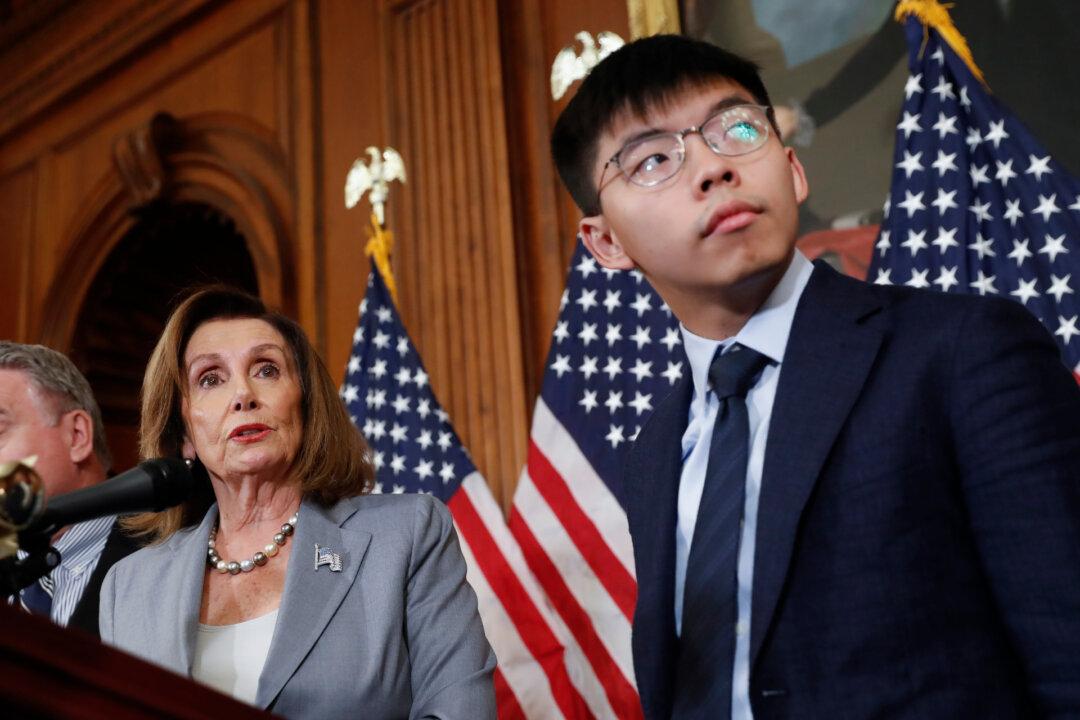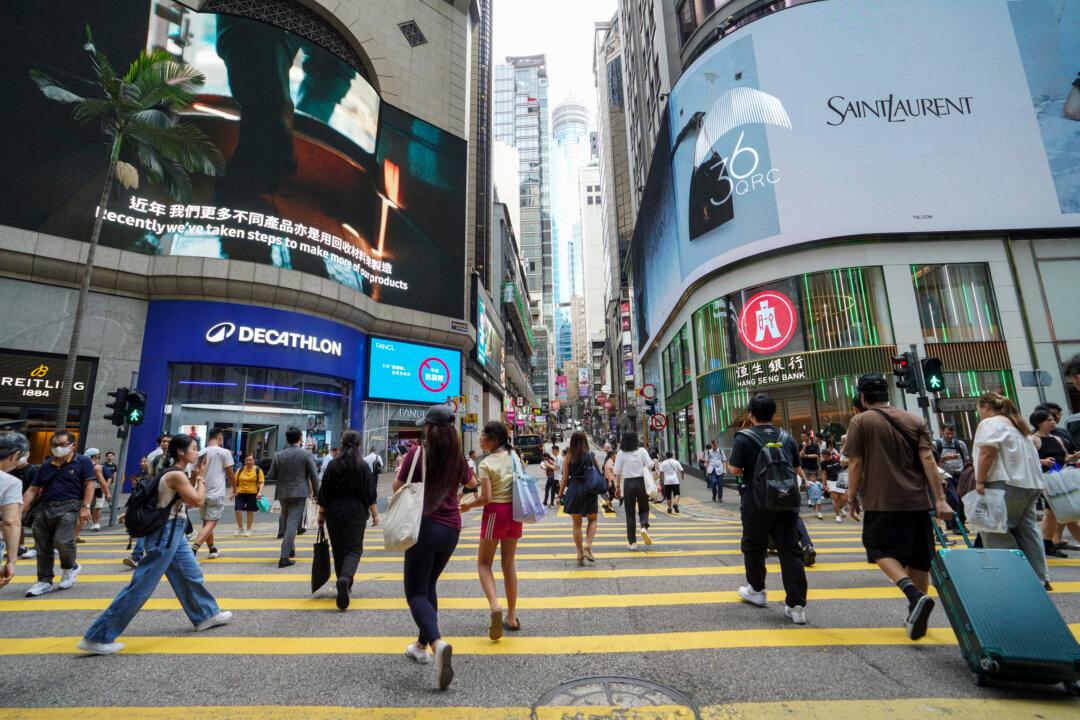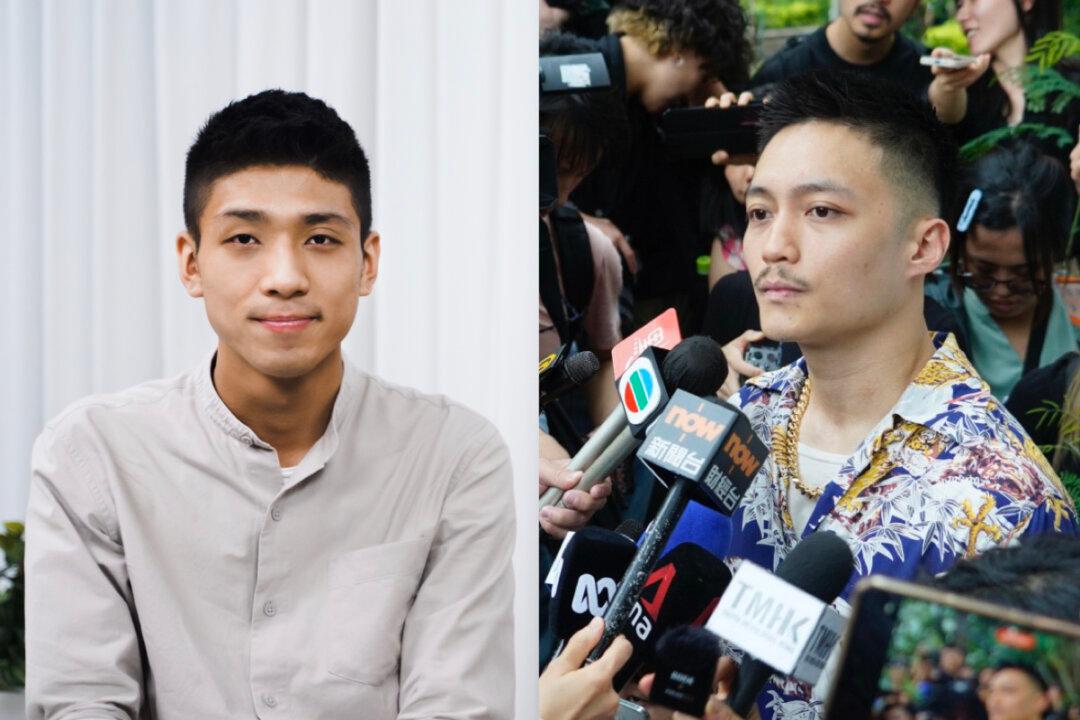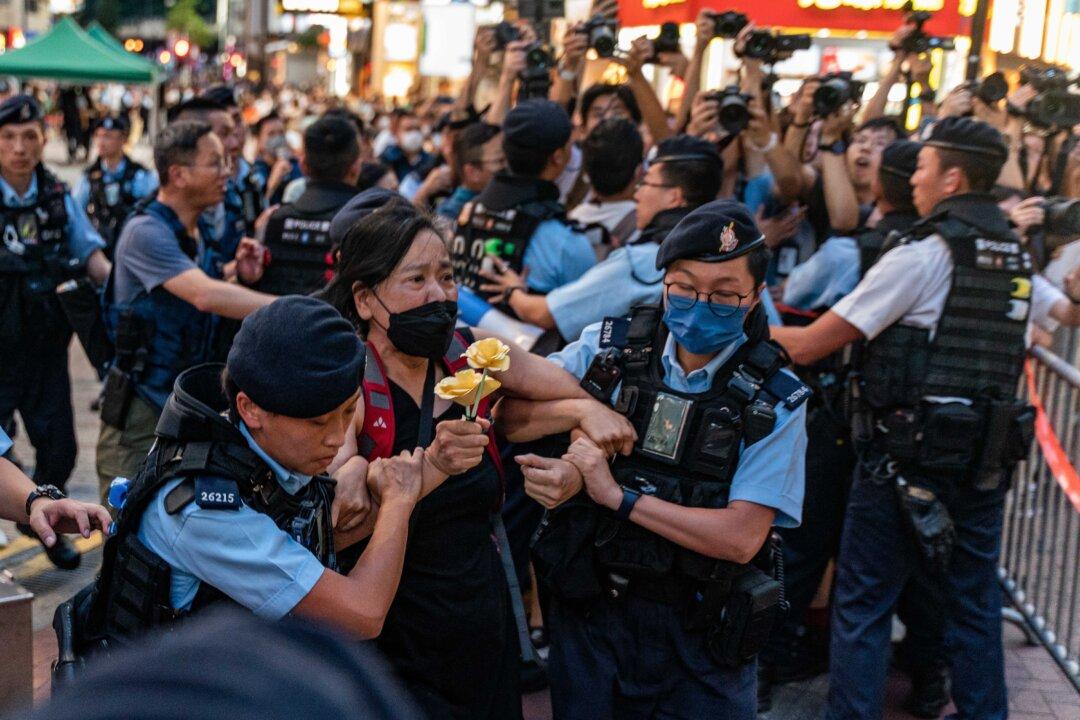Since being remanded in December 2020, Joshua Wong, the former member of the Hong Kong political party Demosistō, shared his views on how people should approach the decision to stay or leave Hong Kong on his social media page on June 12. Wong believes the decision should not be judged as right or wrong and hopes everyone can approach it openly.
After the implementation of the National Security Law in Hong Kong, the population has dropped for three straight years. From July 2020 to the end of 2022, at least 400,000 Hong Kong citizens have emigrated to other countries, accounting for around 5 percent of the city’s population. Many residents chose to leave Hong Kong.




